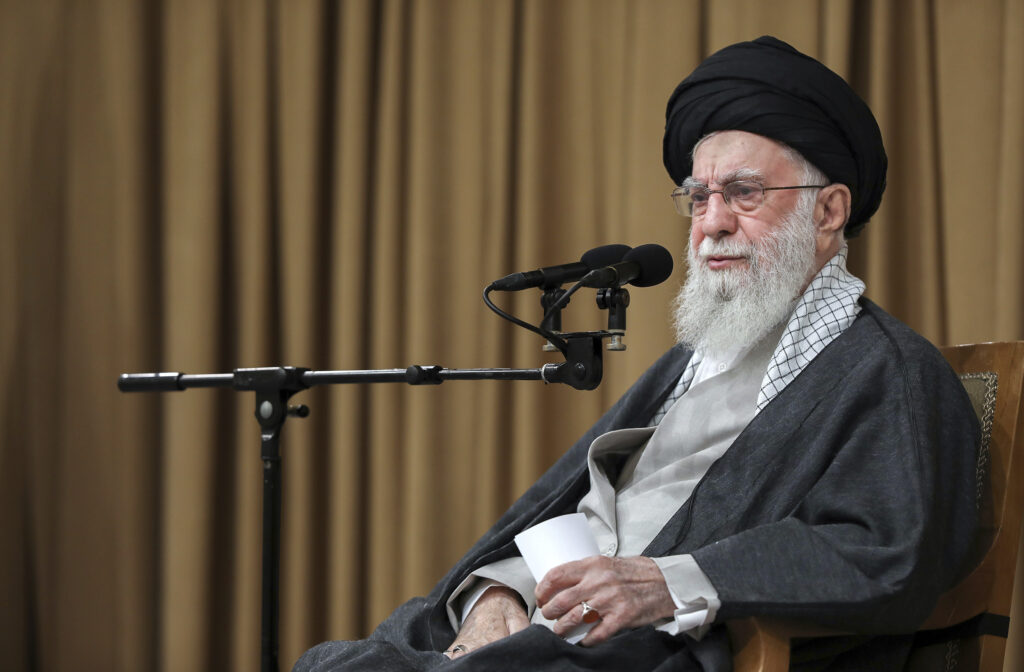
URGENT UPDATE: Iran’s Supreme Leader, Ayatollah Ali Khamenei, issued a stark warning on September 7, 2025, about the perilous state of the nation as it faces a debilitating “no war, no peace” dilemma. This announcement follows a devastating 12-day war with Israel that resulted in over 1,000 deaths, including 276 civilians, and has heightened fears of renewed conflict.
Khamenei’s comments were delivered during a meeting with President Masoud Pezeshkian and his cabinet in Tehran. He emphasized that the current limbo is as dangerous as direct warfare, reflecting Tehran’s urgent anxiety over potential escalations despite a fragile ceasefire established on June 24.
Why This Matters: The implications of Khamenei’s remarks are profound, as Iran grapples with various crises on both military and diplomatic fronts. The recent conflict not only resulted in significant military losses but also targeted Iran’s critical nuclear facilities, exposing vulnerabilities that could provoke further aggression. Additionally, stalled nuclear negotiations with world powers and ongoing sanctions leave Iran in a precarious position, amplifying internal pressures.
“The enemy wants to impose a ‘no war, no peace’ situation on Iran,” Khamenei stated, highlighting the risks of this stalemate.
In his speech, Khamenei condemned the actions of Israel and the United States, framing the ongoing conflict in Gaza as part of a broader assault on Muslim nations. He called for Islamic countries to strengthen their efforts to isolate Israel politically and economically. “Israel is the most hated government in the world,” he declared, urging a united front against what he termed Israeli “crimes.”
The military conflict erupted on June 13 when Israel, supported by the U.S., launched a surprise offensive targeting Iranian military installations. The strikes resulted in the deaths of 1,062 individuals, including significant losses among Iran’s military leadership. Iran subsequently retaliated with missile strikes that resulted in Israeli civilian casualties.
The ceasefire, brokered by the U.S., has not alleviated the underlying tensions, as highlighted by Ali Larijani, Iran’s top security official, who warned of the need for readiness against further hostilities. This precarious situation raises concerns that another outbreak of conflict could occur at any moment.
Economic Strain: In addition to military challenges, Khamenei criticized Iran’s energy sector for outdated infrastructure and lack of export diversification, exacerbated by sanctions. Currently, Iran is forced to sell its crude oil primarily to China at discounted prices, contributing to economic instability and public dissatisfaction. Frequent electricity blackouts have further fueled frustration among citizens.
As tensions remain high in the region, Khamenei’s address signals a clear message: Iran is preparing for potential confrontation with Israel and its allies. With the ceasefire hanging by a thread, all eyes are on Tehran and Jerusalem as the world watches for the next move in this volatile landscape.
What’s Next: The situation in Gaza and Iran continues to develop, with both sides viewing the conflict as unresolved. Khamenei’s firm stance suggests that confrontation with Israel may be not only likely but inevitable. International stakeholders should remain vigilant as this crisis unfolds.





